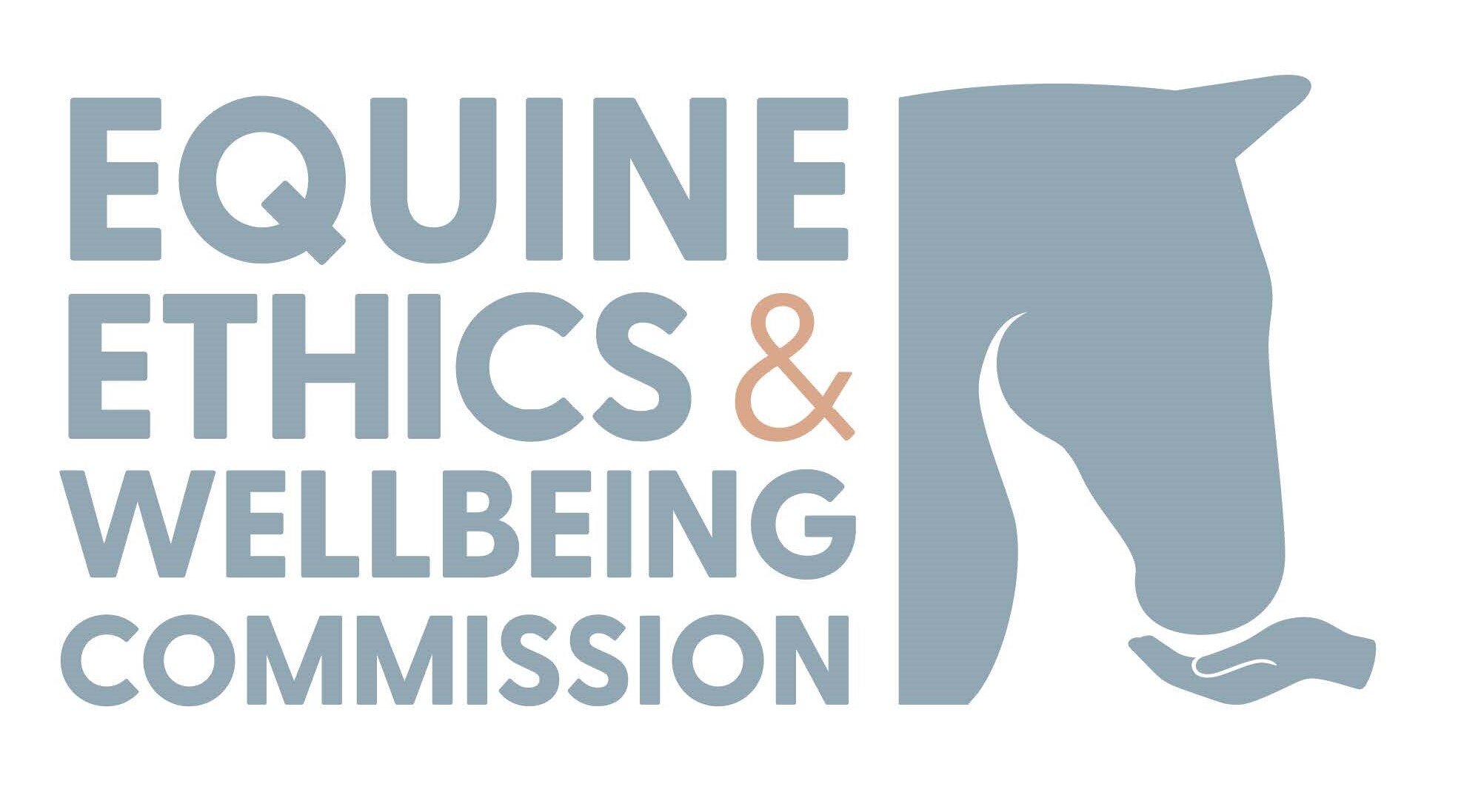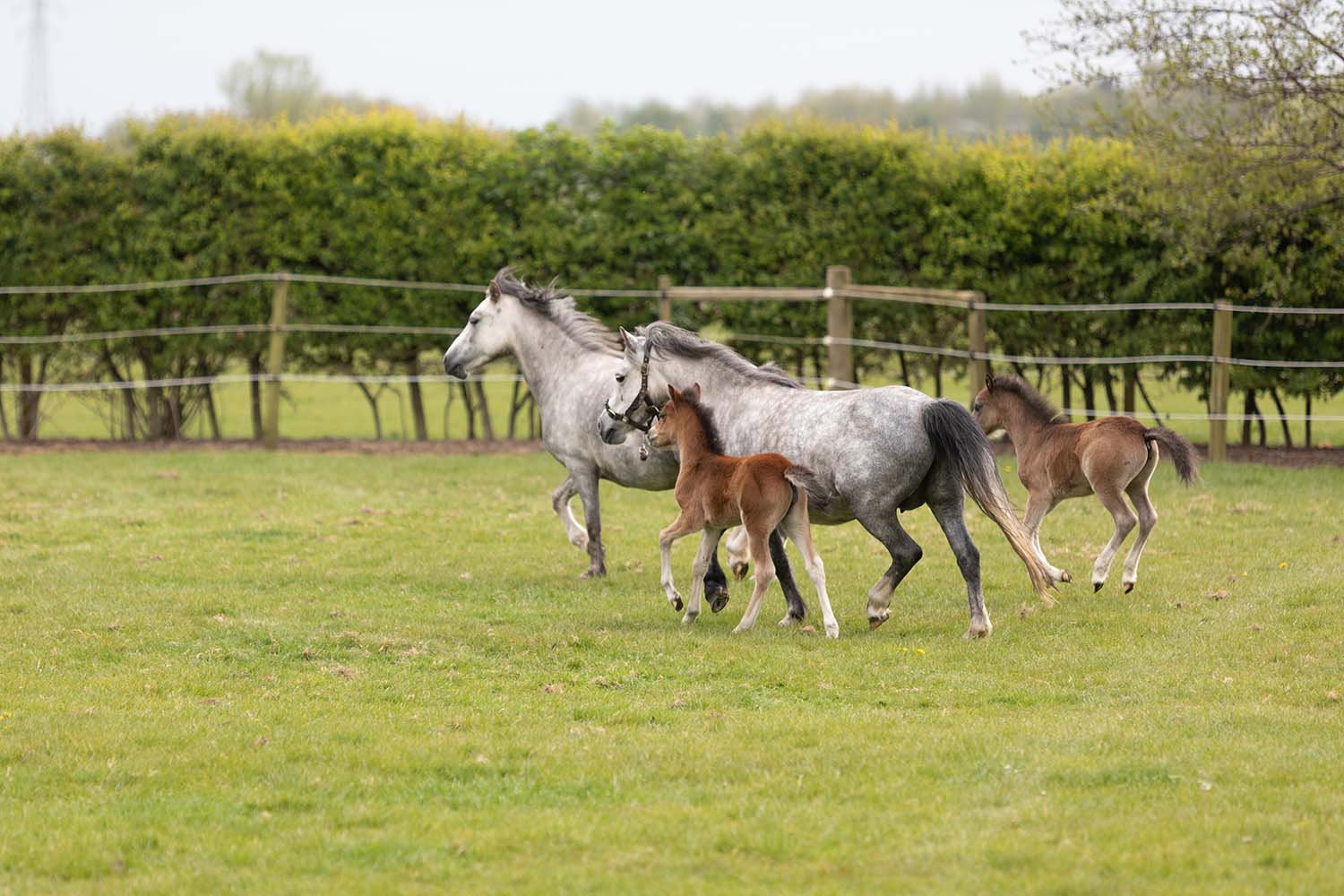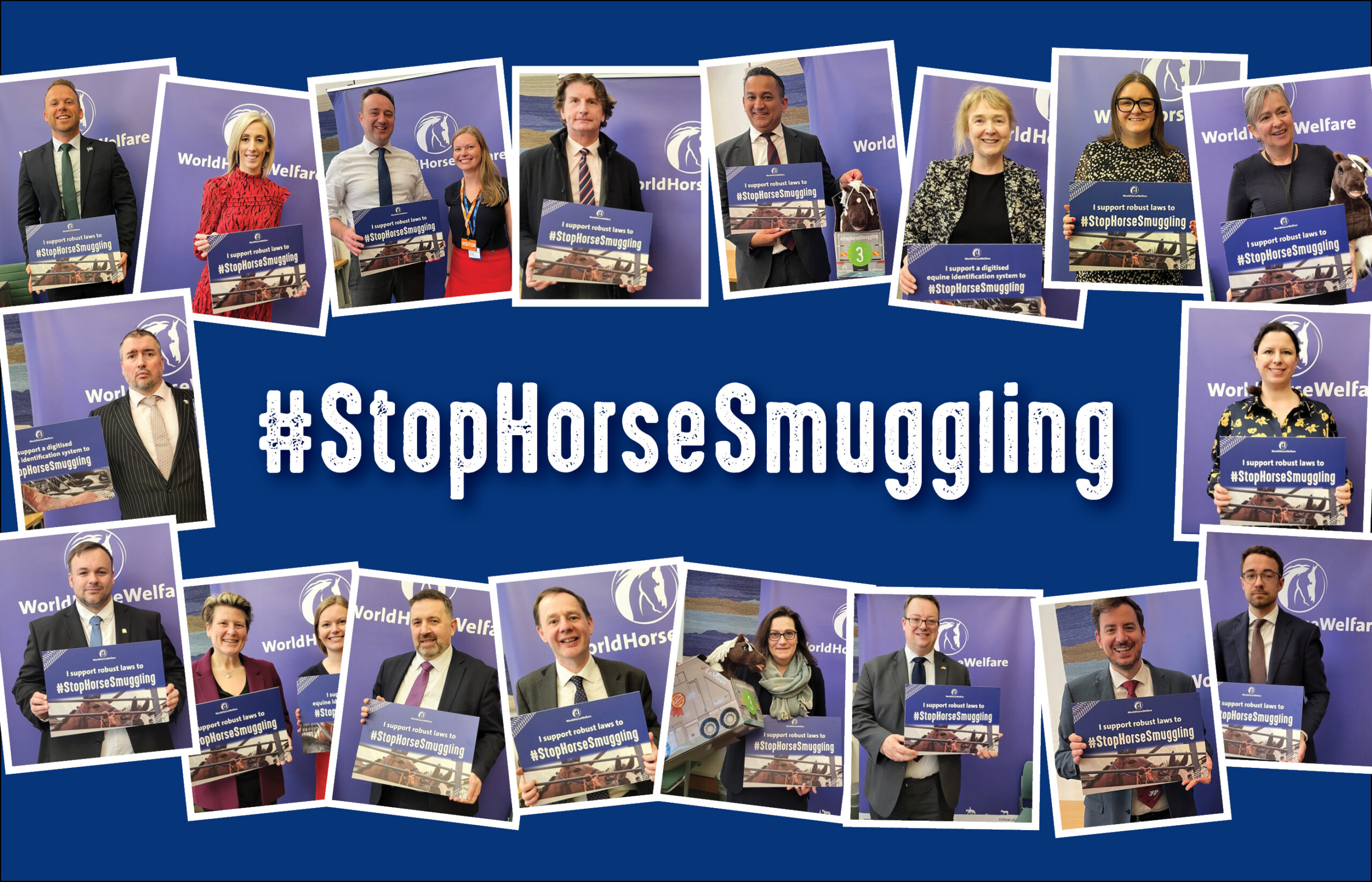What is a dummy rider and how do we use them on our farms?
We catch up with Caroline Heard, Assistant Manager at Belwade Farm, to find out all about them.
Posted on 09/08/2024

Across our four rescue and rehoming centres, dummy riders are a common sight, but what are they and how do they help aspiring ridden horses in our care?
We spoke to Caroline Heard, Assistant Manager at Belwade Farm Rescue and Rehoming Centre, to find out more.
Can you tell us what a dummy rider is…
A dummy rider is a tool we use with horses and ponies to mimic the shape and size of an actual rider. We have one which has been manufactured but have made others ourselves using stuffed old clothing such as boiler suits. The dummy rider is attached to the horse’s saddle to mimic the weight and shape of a real rider, as best it can.
Why do you use a dummy rider?
We use a dummy rider as a training tool at the farm for the ponies that are too small to comfortably carry any of our grooms. For a fit and healthy horse, we work on the rule that the maximum weight they should carry, with the saddle and rider combined, would be 15% of their ideal body weight. We find the dummy rider very useful for the next step of training, following on from groundwork in full tack for unbacked children’s ponies, or to assess the reactions of ponies that have reportedly been previously ridden to ensure that they are going to be suitable for that role.

What are the benefits?
It helps us to add another step in the education of our aspiring ridden horses, giving them an experience of what it is like to have a body shape sat on top of them. Dummy riders can be easier to initially put on and take off than a real rider and makes it easier to build up the confidence of the horse. The major benefit is that we can measure how the pony reacts without risk to a child and that can help us to decide if they are likely to make a safe ridden pony.
Are there any disadvantages to using it?
Whilst they clearly have their benefits, dummy riders are not a perfect substitute for a real rider as they are lighter and do not move in exactly the same way as a person would.

Can all horses be trained to be ridden?
There are principles of training that apply to all horses, including those being trained as ridden horses but there are many reasons why a horse might not be suited to a ridden future. Some of the miniatures are just going to be too small to be able to carry even a very young child, other ponies might be too energetic for most children, and for any number of reasons, some ponies might simply not enjoy being ridden. There are also horses that will have conformational issues or conditions that will cause them discomfort or pain if ridden.
Which horses at Belwade Farm are you currently working with to become ridden horses and how are they getting on?
Ariana, Prosecco, Veela, Littlewoodend Braveheart, Desperado and Craigieburn Cariad – they are all progressing well.
How long does it normally take to train a horse to be ridden?
However long it needs to take – we never rush through or cut corners, and the horse should be confident at each stage before progressing. A lot of our horses have had minimal or no handling before arriving at the farm, so it can take longer to build their confidence.
What are your top tips for starting horses under saddle?
Be clear with your training, be patient and give the horse the time needed. Have your horse assessed by a vet and any other relevant allied professional, before and during work, to ensure that they are sound and comfortable to continue.
To explore how horses learn and the training methods that we can use to train our horses whilst prioritising their physical and emotional health and welfare, please visit our advice pages.
Topics
Related Blog Posts

Plan for an emergency when you’re not around – help us to help your horse
Deputy Chief Field Officer Jon Phipps has top tips for owners on making plans just in case your horse injures themselves when you’re not there.

How to help a needle-shy horse overcome their fear
Grooms Amy and Emily explain how they work with horses who are nervous with needles before a visit from the vet.
Recommended News Articles

Our response to welfare recommendations by the Equine Ethics and Wellbeing Commission
We warmly welcome the newly published vision for ensuring the future involvement of horses in sport.

Happy 21st birthday to Penny Farm
Penny Farm, near Blackpool will be celebrating its 21st birthday on Sunday 19th June from 11am – 3pm with a big birthday party and the public are invited to join in with the fun.

How our charity is making sure horse smuggling remains on the political agenda
We visit Westminster to talk with MPs about how they can help to disrupt this cruel trade.
Enjoy reading stories like this?
Join over 65,000 other horse lovers and sign up for our email newsletter

Join over 65,000 other horse lovers and sign up for our email newsletter
Sign me up now